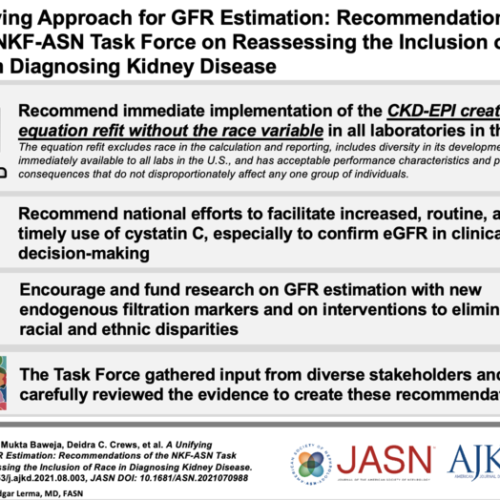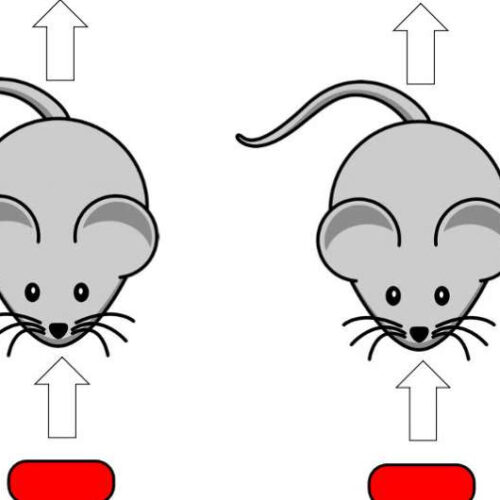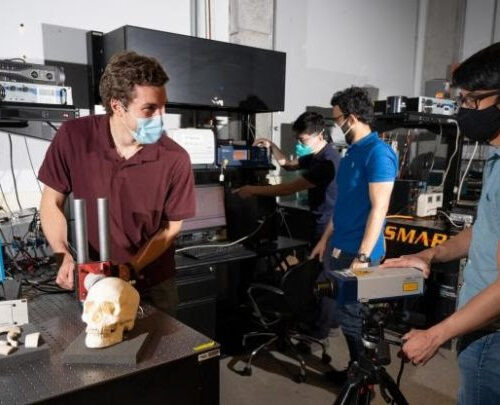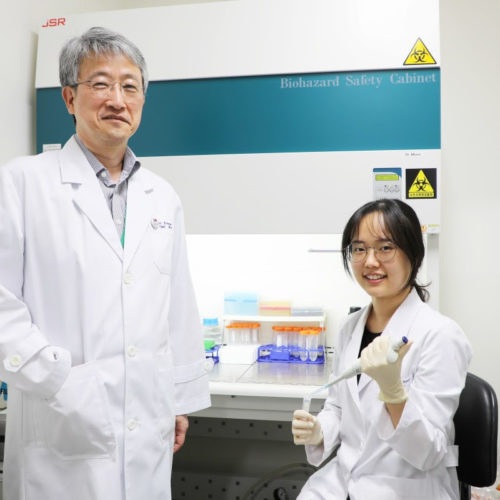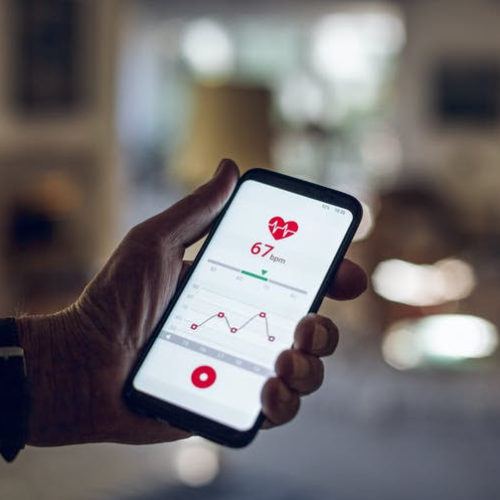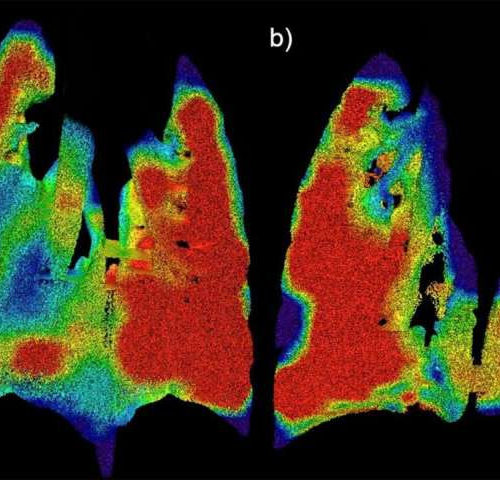NATIONAL KIDNEY FOUNDATION IMAGE: THE NATIONAL KIDNEY FOUNDATION (NKF) AND THE AMERICAN SOCIETY OF NEPHROLOGY (ASN) TASK FORCE ON REASSESSING THE INCLUSION OF RACE IN DIAGNOSING KIDNEY DISEASES HAS RELEASED ITS FINAL REPORT, WHICH OUTLINES A NEW RACE-FREE APPROACH TO DIAGNOSE KIDNEY DISEASE. IN THE REPORT JOINTLY PUBLISHED IN THE AMERICAN JOURNAL OF KIDNEY DISEASES...
Tag: <span>diagnose</span>
Engineered organism could diagnose Crohn’s disease flareups
by Rice University Rice University researchers engineered a strain of the gut bacteria E. coli to detect gastrointestinal acidosis. The organism produces fluorescent molecules that allow researchers to see it with standard optical equipment. Under normal conditions (left) it produces molecules that glow red. When it encounters acidic conditions (right), it glows green, and the brightness...
The Science of Sound, Vibration to Better Diagnose, Treat Brain Diseases
A team of engineering researchers at the Georgia Institute of Technology hopes to uncover new ways to diagnose and treat brain ailments, from tumors and stroke to Parkinson’s disease, leveraging vibrations and ultrasound waves. The five-year, $2 million National Science Foundation (NSF) project initiated in 2019 already has resulted in several published journal articles that...
Study confirms spit testing may help doctors diagnose concussions
Posted Today Doctors may soon be able to more accurately diagnose concussions by measuring the number of certain molecules in a person’s saliva, according to Penn State College of Medicine researchers. The results of a recent clinical study confirmed that a patient’s spit may be used to aid concussion diagnosis in a non-invasive, non-biased fashion. Researchers analyzed the...
Spit test promises to diagnose heart attacks in just 10 minutes
By Rich Haridy August 27, 2020 New preliminary research is suggesting a simple saliva test can detect the presence of a protein biomarker known to signal the occurrence of a heart attack in just 10 minutes. If this prototype test is validated in future studies it could dramatically accelerate the speed at which patients with...
Mucus shows promise as cheap and easy diagnostic tool for Alzheimer’s
By Nick Lavars August 12, 2020 Alzheimer’s researchers Professor Cheil Moon (left) and Gowoon Son (right) analyzing nasal discharge samples in the lab at Daegu Gyeongbuk Institute of Science and TechnologyDaegu Gyeongbuk Institute of Science and Technology VIEW 1 IMAGES With so much we are yet to understand about how Alzheimer’s develops, scientists are coming...
55% of coronavirus patients still have neurological problems three months later: study
Could the coronavirus lead to chronic illness? While lung scarring, heart and kidney damage may result from COVID-19, doctors and researchers are starting to clock the potential long-term impact of the virus on the brain also. Younger COVID-19 patients who were otherwise healthy are suffering blood clots and strokes. And many “long-haulers,” or COVID-19 patients...
A telehealth researcher explains how to get the most out of remote health care
COVID-19 has led to a boom in telehealth, with some health care facilities seeing an increase in its use by as much as 8,000%. This shift happened quickly and unexpectedly and has left many people asking whether telehealth is really as good as in-person care. Over the last decade, I’ve studied telehealth as a Ph.D....
World-first technology breathes new life into cystic fibrosis detection and treatment
by Monash University Regional fractional expansion of the lung since the beginning of the breath is characterized as a fraction of the XV voxel. Coronal slices of the expansion at peak inspiration are shown for (a) a β-ENaC mouse (M3) and (b) a healthy littermate (M9). Credit: Monash University World-first research led by Monash University...
NASA Technologies that Can Improve Healthcare and Fitness
For NASA, making sure astronauts are healthy while they’re away from our home planet is a top priority. From experiments on the International Space Station to aeronautics research, NASA programs are developing new technologies that can improve fitness, treat disease, and save lives. From pocket-sized labs to next-level stethoscopes, here are a few examples of...

